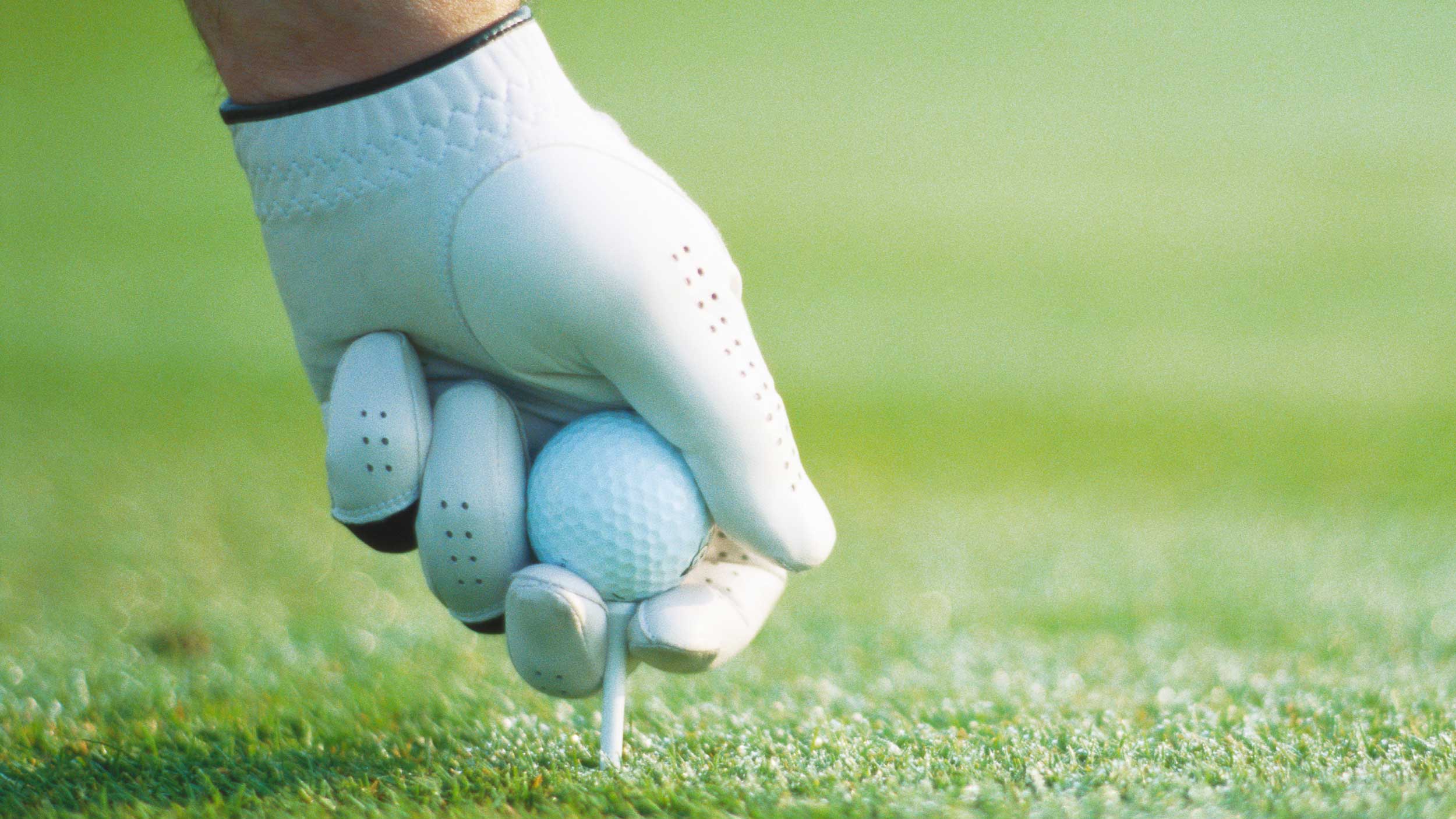In golf there are no (legal) do-overs, but that doesn’t stop many golfers from taking them anyway.
We speak, of course, of that most curious of golfing customs: the mulligan.
But where did the mulligan originate? And how did it get its name? There are many theories, but two seem more credible than the rest.
Let’s start with a definition. In his book The Historical Dictionary of Golfing Terms: From 1500 to the Present, Peter Davies wrote, “Mulligan n. [Origin obscure.] Permission by a player (forbidden under the rules) to an opponent to replay a misplayed shot, especially a tee-shot.”
Yes, we kind of already knew that, but it’s nice to have it spelled out with authority. What Davies doesn’t provide is the term’s origin. And all the plain old dictionary offers is, “early 20th century: apparently from the surname Mulligan.”
But which Mulligan?!
Enter two golfers, David and Buddy, whose tales played out at courses separated by 370 miles: one in Montreal, the other in Essex Fells, N.J.
We begin in the Great White North. Our protagonist is one David Bernard Mulligan, who back in the 1920s often frequented St. Lambert Country Club, in Montreal. David Mulligan was a part owner of the famed Biltmore Hotel in New York City, along with some other hotels in Canada. There are a few versions of the David Mulligan origin story.
Mr. Mulligan had a regular foursome with whom he played. One morning, after a terrible drive off the 1st tee, he instinctively placed down another ball and whacked it again. Simple enough, something you might do any time you play and not think twice about. But to this group, the re-do was a stunning moment.
In 1985, Mulligan told journalist Don Mackintosh, “I was so provoked with myself that, on impulse, I stooped over and put down another ball. The other three looked at me with considerable puzzlement, and one of them asked, ‘What are you doing?’ ‘I’m taking a correction shot,’ I replied.
“Thinking fast, I told him that I called it a ‘Mulligan.’ They laughed and let me play a second ball. After the match, which Mulligan and Spindler won by one point, there was considerable discussion in the clubhouse about that free shot.
“It all worked out amicably enough, but after that it became an unwritten rule in our foursome that you could take an extra shot on the 1st tee if you weren’t satisfied with your original. Naturally, this was always referred to as ‘taking a Mulligan.’ From that beginning, I guess the practice spread, and the name with it.”
How and why Mulligan felt compelled to take a do-over is unclear. There are two variations on this story. One is that he was late arriving and in such a rush that he was too rattled to hit a proper tee shot. He calmed himself down and took a second swipe.
The alternative for the story behind the story is a bit more fun. Some claim that Mulligan picked up and drove his playing partners to the course that day. The drive was rough and over an old rickety bridge. Because of his nerves and shaking in his hands from driving, he said he should be afforded a second tee shot after a poor attempt on the first.
Most people believe that David Mulligan is the mulligan’s founder, but there is a dissenting camp that credits our second protagonist, Buddy.
John A. “Buddy” Mulligan was a locker room attendant at Essex Fells Country Club, in New Jersey, in the 1930s. One day at the club, Des Sullivan, who later became the president of the Golf Writers Association of America, was playing alongside assistant pro Dave O’Connell. The two had been playing and practicing most of the day and were looking for a money game. They found a willing participant in Buddy.
After a poor first shot, Buddy thought he should be entitled to a re-do of his own. “Look, this is a fraud,” Mulligan said, according to Sullivan’s account in Up On the Hill: A History of Essex Fells Country Club. “You two are out here practicing all morning while I’m working. You expect me to start out cold with nothing more than a practice swing. The least you thieves can do is give me another drive so I don’t have to go bouncing around in those trees every time.”
Des and Dave agreed that was fair and the second attempt was thus named a mulligan in Buddy’s honor.
Next time you’re on the 1st tee, regale your golf pals with one origin story or the other — or both! — and rest assured that should you require a breakfast ball of your own, your last name needn’t be Mulligan.
